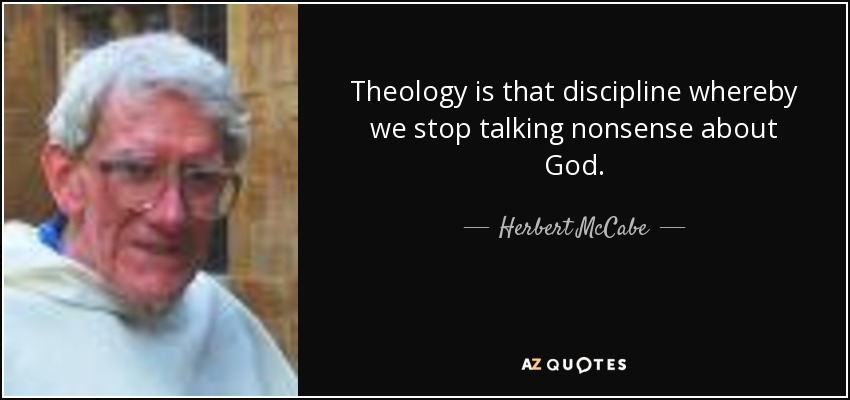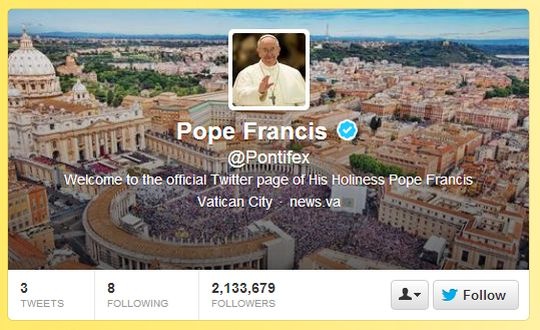In 1968, many things took place. That long year puts into perspective the dramas of 2018. One event of 1968 was the release of Law, Love, and Language, a definitive book on “what ethics is all about” (its American title) by the British Dominican Herbert McCabe. The book’s approach to the Catholic moral life promptly sank into oblivion, overwhelmed by the debates provoked by Pope Paul VI’s birth control encyclical Humanae Vitae. That document and the furor that followed has insured that, even to today, debates in Catholicism have been polarized around the same set of terms: law versus conscience, natural law versus Gospel compassion, and the like. The basic premise of McCabe’s book is that both law and love are inadequate bases for ethics. Instead, ethics is fundamentally about language: “ethics is just the study of human behavior insofar as it is a piece of communication, insofar as it says something or fails to say something” and the “purpose of ethics is to enable us to enjoy life more by responding to it more sensitively, by entering into the significance of human action.” That significance or meaning is a matter of entering more and more deeply into communion with others – something we do through language – and seeing that deeper communication extended through human history. The barrier to that extension are obvious: “The problem for the linguistic animal is that the linguistic social community… is never coextensive with the genetic community” and worse, “as communication becomes more intense, it because more isolated.” It is God’s work to give the Word (that ultimately becomes flesh, and sends the Spirit) that overcomes these tendencies toward division, and forms the basis not only for a new human community, but for communion with God. The language of the new community is especially intensively displayed and enacted in the sacraments of the Church, which form the character of the Church as “new creation” headed toward that ultimate destiny.
As that breakneck summary displays, McCabe’s work shatters existing categories, not by ignoring them, but by a reconfiguration that ends up looking both more traditional and more original than much other theological work. So it is a great thing to see McCabe getting rediscovered. Commonweal has just republished a 1968 essay on the priesthood, in which he characteristically begins by disagreeing with both conservative and progressive views, saying that the problem is both views want to argue over the functions of the priesthood in the Church, when the real issue should be understanding rightly the function of the Church for “the community of man.” And Ross Douthat brings McCabe into the New York Times, repeating his faithfully iconoclastic reading of Jesus’s genealogy (also notably discussed five years ago in Commonweal!), which, far from exalting Jesus by connecting him to a distinguished line of saints, instead marks his humility by an entrance into a messed-up family tree of sinners. So our gathering for Christmas in a church so obviously filled with more notorious sinners is part of the story – not because we accept or celebrate sin, but because God keeps coming to us to overcome it, no matter what. (It will be interesting when Douthat encounters McCabe’s Christian socialism!)
Both of these tastes of McCabe should confirm what Alasdair MacIntyre called “McCabe’s remarkable achievement to understand Aquinas both in his own terms and in ours” in order to create “a theology that was characteristically Thomist and yet distinctively McCabe.” There are many ways into McCabe’s work. Much of it was published after his death, especially several brilliant collections of his sermons. I use his clever “The God of Truth” every time I teach moral theology, for its amazing exposure of the “false gods” modern people worship, in part because we do not understand that a fundamental point of the Hebrew and Christian scriptures is that “there are no gods.” Plus, unlike almost any other theologian, he is consistently hilarious; he was snarky before snarky was a thing. Among the false gods he identifies in the essay are the National Lottery and nuclear weapons, which, after he explains their “mystique” – which is to say trusting in them is plainly irrational – he goes on to say:
It will not have escaped your notice that while one reason for the existence of the lottery and nuclear weapons is that people need to cultivate illusions of sudden great wealth without working, or security and peace, again without working for it, another much more straightforward reason is that certain groups make a lot of money out of them in both cases – not, of course, by playing the lottery, but by running it, or, in the other case, by manufacturing the weapons.
He goes on:
It would be tedious to list the well-known gods of this exceptionally superstitious twentieth century. Quite apart from surviving old ones like astrology, there are a lot of new ones like racism, nationalism, the Market, the Leader… you name it. It is quite easy to see why, as I was saying, that great atheist manifesto, the Ten Commandments, begins ‘I am Yahweh your God who brought you out of slavery.’
That is using language creatively to communicate!
Catholic theological discussion is in a bad way right now. To take a page from McCabe, we are no longer communicating. Possibly, this is because we don’t want to communicate; we want to win. We know some people (let the reader understand) use language relentlessly in precisely this way. But possibly it’s because we don’t have an understanding of what the whole thing we’re doing is supposed to be about. McCabe was a precise thinker, but he never lost clarity about the bigger picture: it is about God working to unite the whole human race in Christ. But, as you might expect with McCabe, that phrase shouldn’t be reduced to mean converting individual souls for the Church or developing schemes by which we (and who’s the we?) unite the whole human race under our banner. It means something far more than either of these – which is to say, it means exactly what it says! It would be a good thing for 2019 if we all started reading more of him.




